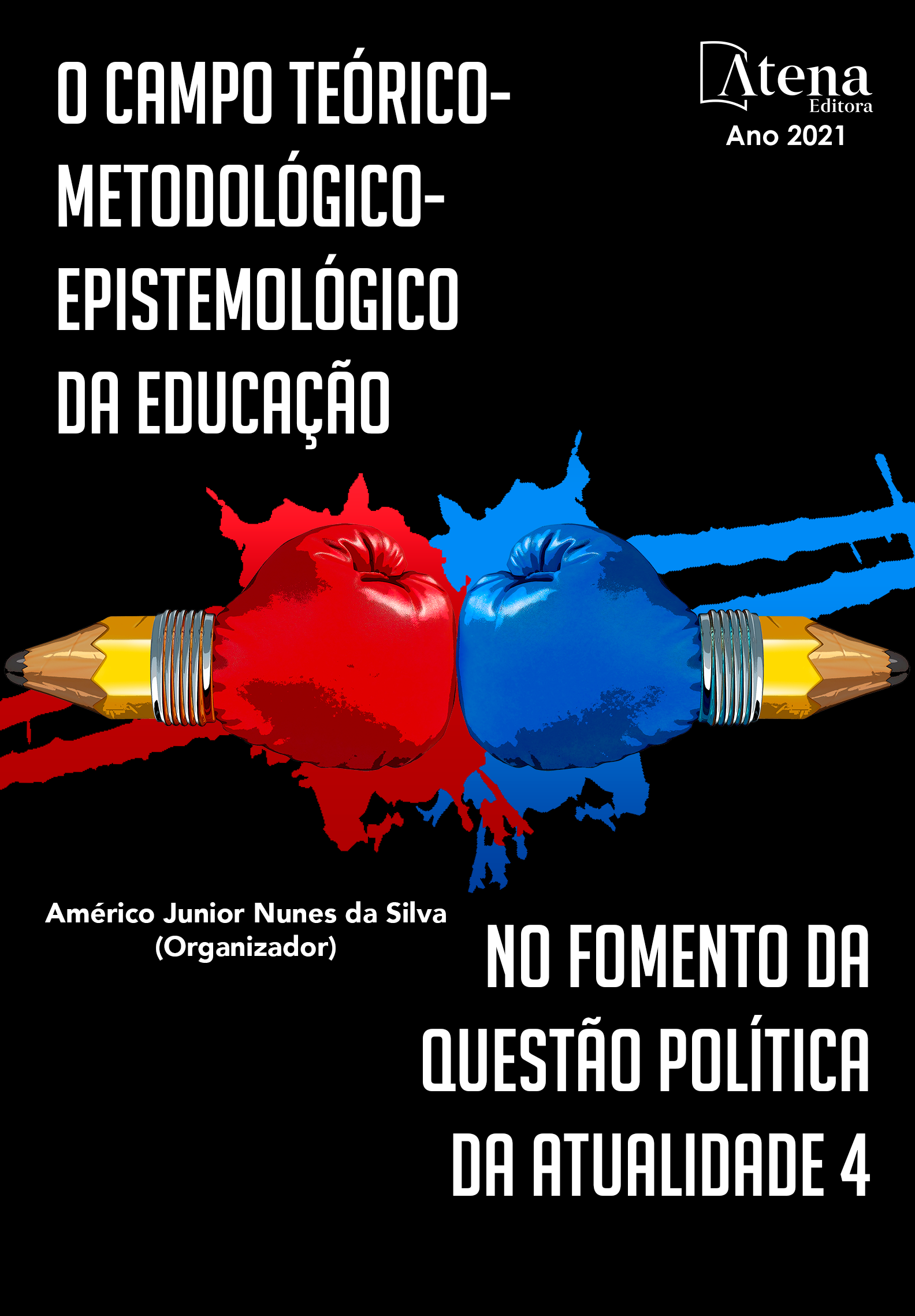
PARADIGMAS NO ENSINO DE CIÊNCIAS E BIOLOGIA
O tema central desta pesquisa é a Evolução Biológica de Charles Darwin, na qual as espécies têm um ancestral de origem em comum e suas variações são resultados da evolução pela seleção natural. Descobertas mais recentes têm ampliado e confirmado a teoria da evolução. Muitos pesquisadores e educadores têm defendido que a evolução deveria ser o eixo principal do ensino de Biologia, dada a sua importância. Mas a abordagem do evolucionismo em sala de aula é um assunto que gera inúmeras controvérsias e opiniões, em virtude da crença que o mundo foi criado por Deus segundo o Criacionismo. O problema da pesquisa pode ser traduzido na seguinte pergunta-síntese: Quais as concepções dos professores e futuros professores de Ciências e Biologia sobre a teoria da evolução de Darwin e implicações destas para o ensino? A hipótese deste trabalho é que em geral, as pessoas, mesmo que já tenham estudado a teoria da evolução, não veem diferenças entre o evolucionismo e o criacionismo. Isso por que não entendem a natureza da ciência, que dentre outras questões, tem como regra que as suas leis e teorias devem ser comprovadas experimentalmente para sua validação. Assim, creem que acreditar na teoria da evolução ou no criacionismo é uma questão de escolha pessoal, pois não veem diferenças entre o que consideram ser um dogma religioso e um conhecimento científico. Esta pesquisa, de abordagem qualitativa teve os resultados apontando que o ensino e a aprendizagem da teoria da evolução de Darwin, a despeito da sua importância para a área de Ciências e Biologia, apresentam sérios problemas de entendimento e de aceitação por parte dos alunos.
PARADIGMAS NO ENSINO DE CIÊNCIAS E BIOLOGIA
-
DOI: 10.22533/at.ed.31821250321
-
Palavras-chave: Teoria da Evolução; Criacionismo, Ciência e Religião
-
Keywords: Theory of Evolution; Creationism, Science and Religion
-
Abstract:
The central theme of this research is Charles Darwin's Biological Evolution, in which species have a common ancestor of origin and their variations are the result of evolution through natural selection. More recent discoveries have expanded and confirmed the theory of evolution. Many researchers and educators have argued that evolution should be the main focus of Biology teaching, given its importance. But the approach to evolutionism in the classroom is a subject that generates countless controversies and opinions, due to the belief that the world was created by God according to Creationism. The research problem can be translated into the following synthesis question: What are the conceptions of teachers and future teachers of Science and Biology about Darwin's theory of evolution and their implications for teaching? The hypothesis of this work is that in general, people, even if they have already studied the theory of evolution, do not see differences between evolutionism and creationism. This is because they do not understand the nature of science, which among other issues, has as a rule that its laws and theories must be proven experimentally for its validation. Thus, they believe that believing in the theory of evolution or creationism is a matter of personal choice, as they see no differences between what they consider to be religious dogma and scientific knowledge. This research, with a qualitative approach, had the results pointing out that the teaching and learning of Darwin's theory of evolution, despite its importance for the area of Sciences and Biology, presents serious problems of understanding and acceptance by the students.
-
Número de páginas: 15
- Maria Guiomar Carneiro Tommasiello
- Vanessa Minuzzi Bidinoto


